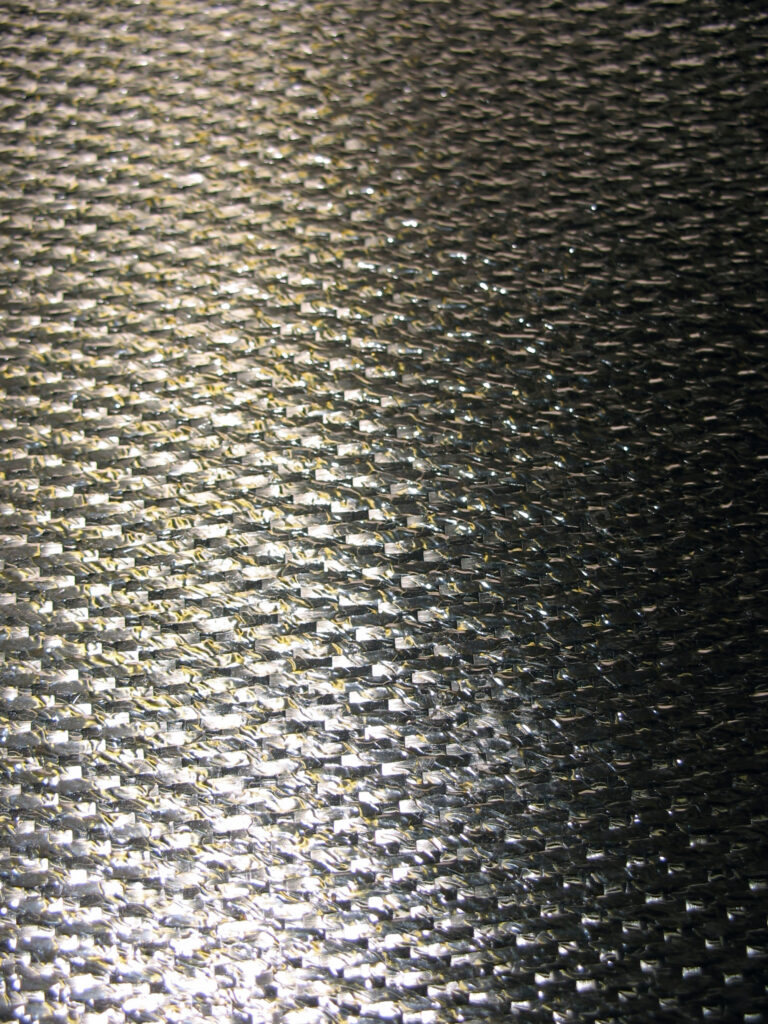How Mold Impacts Your Immune System: New Research Sheds Light on the Risks
Mold is a common problem in many homes, schools, and workplaces. While some people may not be affected by exposure to mold, others can experience a range of health problems. Recent research has shed light on how mold affects the immune system, making it essential to understand the risks associated with exposure. In this article, we will explore the impact of mold on your immune system, new research findings, preventing mold growth at home, and protecting your health.
Introduction to Mold and Its Health Effects
Molds are fungi that grow in damp or wet areas. They can be found indoors or outdoors and thrive in humid conditions. Exposure to mold can cause a wide range of health effects, including respiratory symptoms such as wheezing, coughing, and shortness of breath. People who have asthma or allergies are more susceptible to experiencing adverse reactions from mold exposure. Additionally, prolonged exposure to mold can lead to chronic inflammation, which increases the risk of developing other illnesses such as cardiovascular disease and cancer.
The Immune System and How Mold Affects It
Our immune systems play an essential role in defending our bodies against pathogens like bacteria, viruses, and fungi, including mold. When exposed to mold, the immune system responds by producing antibodies to fight off the invader. However, prolonged exposure to mold can overwhelm the immune system, leading to immunosuppression, where the body’s ability to fight off infections decreases. This puts individuals at higher risk for developing infectious diseases.

New Research on the Dangers of Mold Exposure
Recent studies have shown that exposure to mold can trigger an immune response that leads to inflammation throughout the body. This inflammation can contribute to the development of various health issues, including respiratory problems, skin rashes, and even neurological disorders. Moreover, exposure to certain types of mold can produce mycotoxins, which are toxic substances that can harm the nervous system, liver, and kidneys. The Centers for Disease Control and Prevention (CDC) recommends taking precautions to avoid exposure to mold, especially if you have a weakened immune system.
Preventing Mold Growth in Your Home and Protecting Your Health
To reduce the risk of mold growth in your home, you should take steps to control moisture levels. This includes fixing leaks, using exhaust fans in bathrooms and kitchens, and ensuring proper ventilation in attics and basements. You should also clean up any visible mold promptly, using appropriate safety measures such as gloves and masks. If you suspect there is mold present but cannot see it, consider hiring a professional inspector to assess the situation. Finally, if you experience any health symptoms related to mold exposure, consult with your doctor immediately. By understanding the risks associated with mold exposure and taking proactive steps to prevent it, you can help protect yourself and your family from potential health hazards.






